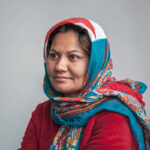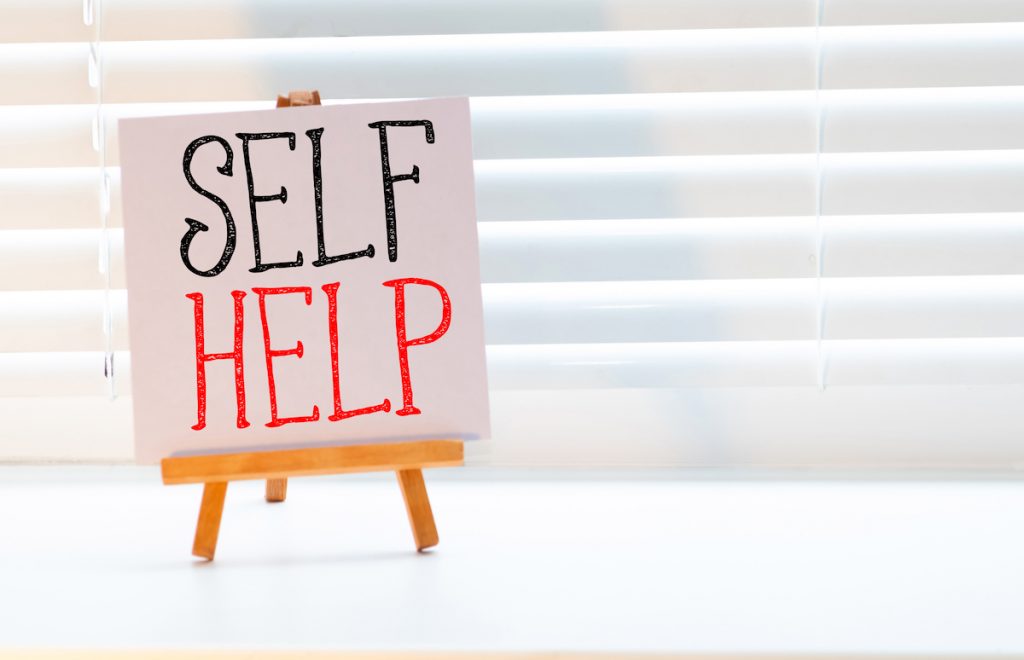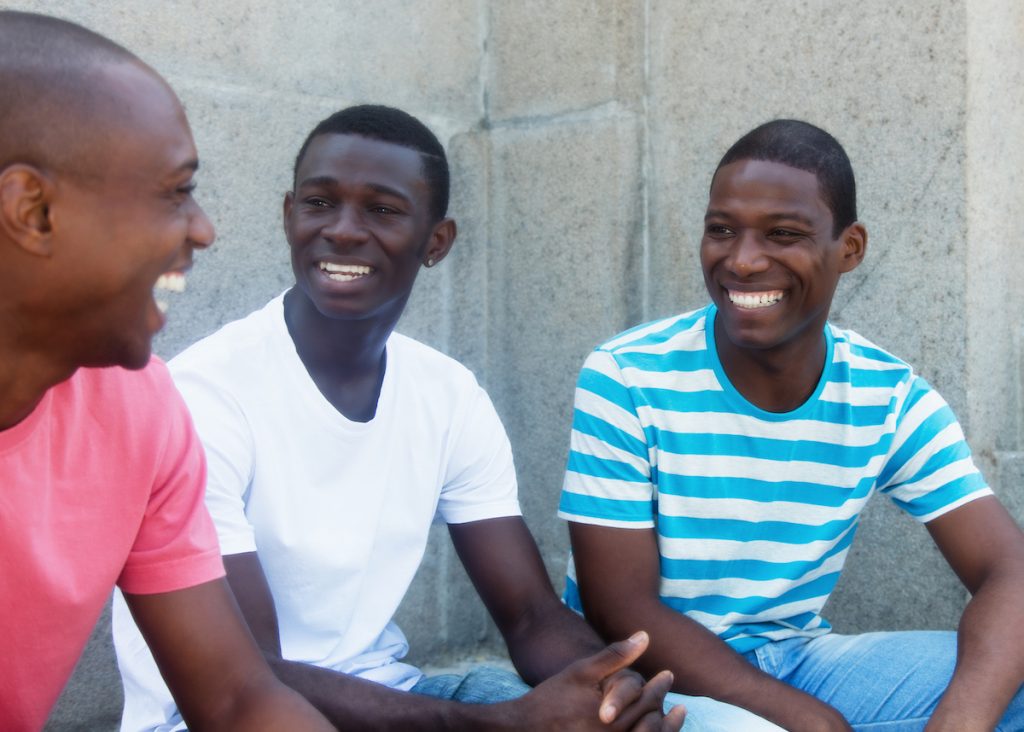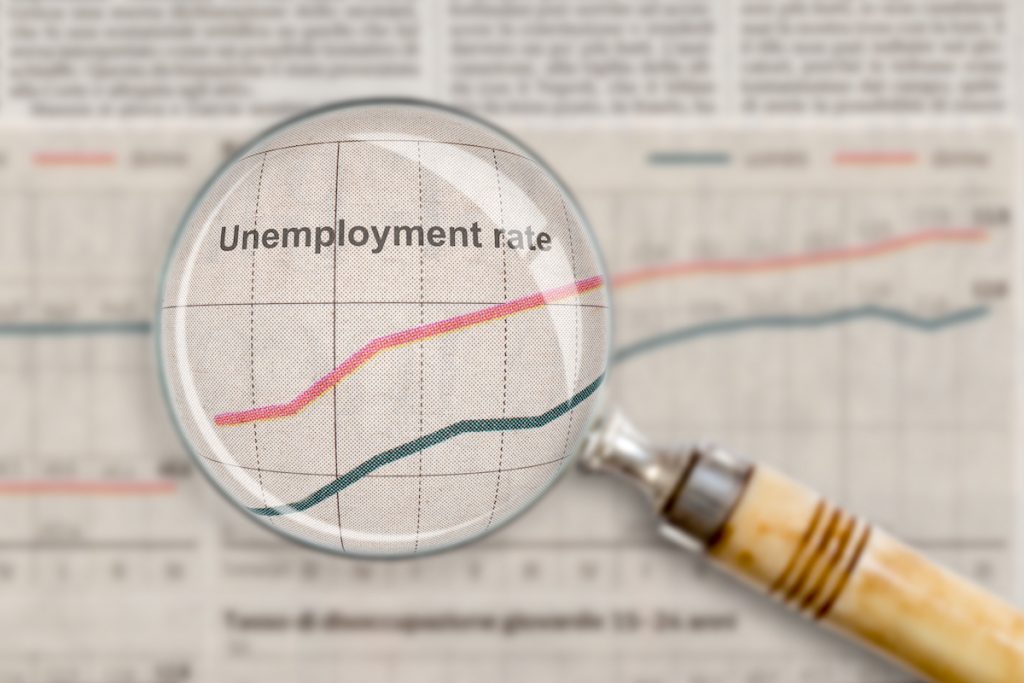
There are more than 300,000 refugees or asylum seekers in the UK, and global conflicts likely spell an increase in this number (UNHCR, 2022). Each one of these people is not a statistic, but a human, and has undergone an upheaval that the majority of us could only imagine. Most of us would not be familiar with what refugees are experiencing, but research indicates that refugees experience significant trauma such as imprisonment, torture, and the disappearing or killing of loved ones (Hollifield et al 2005).,
Healthcare professionals have a duty to provide care that fits their unique traumas, problems, and cultural contexts. To this end, a tool called Self Help Plus (SH+) was developed by the World Health Organisation (WHO) (2020). SH+ consists of 5 weekly 1.5h-2h long group sessions which the authors describe as ‘like a class or workshop’. It is designed to help adults manage stress and adversity, making it suitable for those with ‘general distress’ whether or not they have a mental health diagnosis, and can be adapted to specific cultures and languages.
SH+ is based on Acceptance and Commitment Therapy (ACT), where people learn to accommodate difficult feelings and thoughts, and uses pre-recorded audio and an illustrated self-help book teaching stress management skills. The intervention is delivered by non-specialist peer facilitators who undergo a short period of training. They play the pre-recorded audio, read out discussion questions, encourage that people practice guided stress management exercises, and handle any safety issues or questions.
Does this Self Help Plus (SH+) approach live up to its promise? This paper (Karyotaki et al, 2023) aims to find out.

Self Help Plus (SH+) is a guided tool developed by the World Health Organisation to support refugees and asylum seekers with feelings of distress.
Methods
Several randomised controlled trials (RCTs) have been conducted to find out if SH+ is indeed more effective than enhanced care as usual (ECAU). ECAU refers to routine healthcare and social support based on the regulations of the host country. This type of care is referred to as ‘enhanced’ because refugees were also provided with practical support and information about local social, legal, and care services available specifically for this population.
The authors used a type of meta-analysis called individual participant data (IPD) meta-analysis to synthesise findings. This method uses raw data from RCTs to improve estimates of results and maximises the power to identify characteristics that may predict responsiveness to the intervention.
SH+ was not publicly available when this study was conducted, whilst the WHO had to approve any trials on SH+. Therefore, the study selection was achieved by the identified studies via the WHO. To be more certain that other trials were not missed, the authors also conducted a literature search and found no eligible studies.
Results
The total sample size was 1,795 adult refugees and asylum seekers, currently staying in some Western European countries, Turkey or Uganda, who had elevated psychological distress based on cut-off scores of ≥310 on the 12-item General Health Questionnaire (GHQ-12) or ≥5 on the Kessler-6 (K-6) scale.
SH+ and ECAU did not differ significantly in effectiveness at reducing depressive symptoms immediately post-intervention. However, it was more effective in certain groups of people, specifically those who were unemployed (β=1.60, 95% CI 0.20 to 3.00) and had lower well-being levels (β=0.02, 95% CI 0.001 to 0.05) (to see an explanation of β, keep reading).
Furthermore, a few months after intervention (which the authors call midterm), SH+ was shown to be significantly more effective than ECAU in improving depressive symptoms (β=−1.13, 95% CI −1.99 to −0.26), well-being (β=6.22, 95% CI 1.60 to 10.90), and self-identified problems (β=−1.56, 95% CI −2.54 to −0.59).
Here, the β coefficient indicates how many standard deviations (SDs) the dependant variable (e.g. depressive symptoms) changes for every SD increase in the predictor variable e.g. well-being level. So, the higher the value of β, the greater the effect the predictor variable has on the dependant variable.
In summary, the results suggest that while SH+ and ECAU did not differ significantly initially, SH+’s effects become more clear a few months after intervention.

SH+ was more effective than enhanced care as usual in improving depressive symptoms long-term.
Conclusions
Although initially, SH+ was not significantly better than ECAU at reducing depressive symptoms, the benefits were significant after following up a few months later. Furthermore, it did present benefits for especially vulnerable people i.e., the unemployed and those with lower mental well-being levels. Overall, these results indicate that SH+ is a promising avenue for the management of depressive symptoms, well-being, and self-identified problems in the refugee population.

This review suggests that Self Help Plus (SH+) was especially beneficial for unemployed refugees and asylum seekers and those with lower mental well-being levels.
Strengths and limitations
Effect sizes were generally high and confidence intervals sufficiently far from 0, which strongly supports that the results are not only effective but have enough of an impact on symptoms to be considered useful. The only exception is the effect of well-being levels on intervention effectiveness, but the effect did become much larger a few months post-intervention.
There was minimal selection bias to account for as the authors had full access to all trials conducted by the WHO and their primary databases. The authors also used an up-to-date tool to assess bias – the Cochrane Risk of Bias Tool 2.0 (Sterne et al 2019) – showing a low risk of bias. For instance, trials had adequate randomisation and blinding, missing data values were acceptably balanced across interventions, and a complete case analysis did not change the findings of the study. Also, while there were only 3 trials, the total number of participants was high (n=1,795).
According to the authors, deviation from the intended intervention was minimal as the protocol was standardised and followed, and the same illustrated self-help book and pre-recorded audio guide was used. Facilitators also received training and regular supervision. The method of evaluation of depressive symptoms was also well-selected – PHQ-9 is currently used clinically in a primary care context.
Nevertheless, certain limitations are noted. The heterogeneity of the studies was high. However, this is plausible and may not be cause for concern as refugees naturally face different post-migration stressors. The fact that two studies focused on prevention, i.e., those without a mental health diagnosis, while the last one included those with a mental health disorder also accounts for this.
The results may not apply to those with a mental health diagnosis, as most of the participants did not have one. However, given that the intervention worked better on those with low baseline well-being, it suggests that it could be effective for people with a mild or moderate mental health diagnosis. The results may also not apply to all refugees and asylum seekers, as most of the participants were from Syria and South Sudan. However, given that it made use of peer facilitators who are from their nationality and culture, this may be partially mitigated. Another limitation is that there is no longer-term data beyond a few months.

It would be helpful for SH+ to be evaluated for longer-term effectiveness and in wider refugee populations.
Implications for practice
SH+ can be considered a potential first-line intervention, however, it is not yet in the National Institute for Health and Care Excellence (NICE) guidelines. The NICE guidelines for the treatment of adults with mild depression do indicate that guided self-help is a first-line option (NICE, 2022), but does not include SH+ for refugees and asylum seekers. This is understandable given the wealth of the research so far, but this meta-analysis can be highlighted and potentially bring change in guidelines.
In the absence of this, the toolkit is already easily available online (World Health Organization, 2020), and therefore, it may be possible to implement this intervention via alternative resources. For example, if a charitable foundation can offer a room to host these sessions and/or donations to pay skilled facilitators for their time. Arguably, there is still a duty to include effective interventions in the existing healthcare framework. UK regions with high refugee and asylum-seeker populations would benefit, and the group format of the intervention may also be quite cost-effective.
Further research should be conducted on whether this intervention applies to refugees and asylum seekers with a diagnosis of mild mental health disorders, such as depression and anxiety, and other vulnerable or at-risk populations. SH+ could be delivered within their community by peer facilitators including other immigrants. Clinicians should investigate the availability of SH+ in their region and the options to refer service users, as well as the accessibility (i.e., travel costs, familiarity with transportation, etc).
Importantly, it must be noted that no mental health intervention can replace a lack of basic human needs, such as stable housing, which is often not available in the host country. As such, we as clinicians should be careful not to dismiss the very real practical concerns of refugees and asylum seekers, while offering them an intervention, and where possible, advocate for their needs; in or outside our role in healthcare. Every person has a right to feel safe and secure.

Frontline clinicians working with refugee populations can investigate accessible options for SH+ in their region.
Statement of interests
The author has no conflicting interests.
Links
Primary paper
Karyotaki E, Sijbrandij M, Purgato M, Acarturk C, Lakin D, Bailey D, Peckham E, Uygun E, Tedeschi F, Wancata J, Augustinavicius J. et al (2023) Self-Help Plus for refugees and asylum seekers: an individual participant data meta-analysis. BMJ Ment Health. 2023 Jul 1;26(1).
Other references
Hollifield M, Eckert V, Warner TD, Jenkins J, Krakow B, Ruiz J, et al. Development of an inventory for measuring war-related events in refugees. Comprehensive Psychiatry. 2005; 46(1): 67-80.
National Institute for Health and Care Excellence. (2022). Depression in adults: treatment and management.
Sterne JAC, Savović J, Page MJ, Elbers RG, Blencowe NS, Boutron I, Cates CJ, Cheng H-Y, Corbett MS, Eldridge SM, Hernán MA, Hopewell S, Hróbjartsson A, Junqueira DR, Jüni P, Kirkham JJ, Lasserson T, Li T, McAleenan A, Reeves BC, Shepperd S, Shrier I, Stewart LA, Tilling K, White IR, Whiting PF, Higgins JPT. RoB 2: a revised tool for assessing risk of bias in randomised trials. BMJ2019; 366: l4898.
World Health Organization, 2020. Doing what matters in times of stress: an illustrated guide.
Asylum in the UK. UNHCR; 2023 [cited 2023 Nov 5]. Available from: https://www.unhcr.org/uk/asylum-uk
